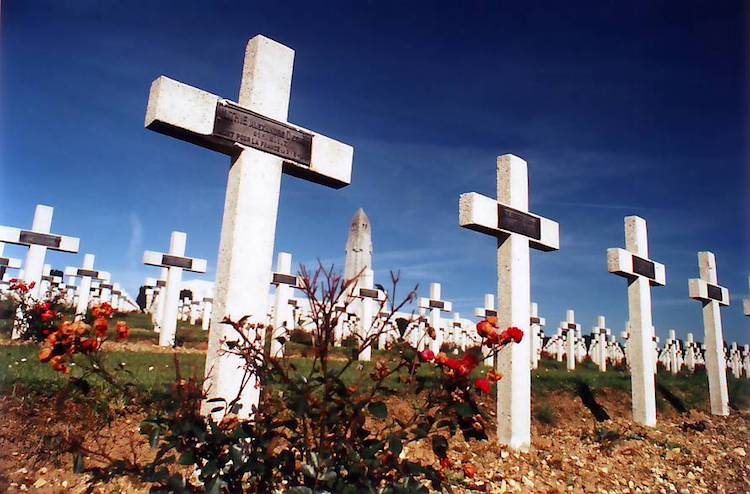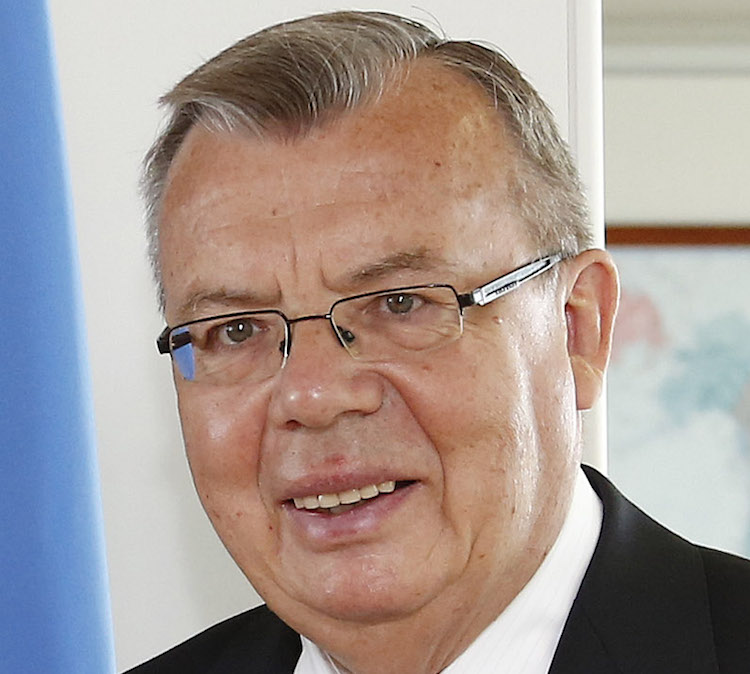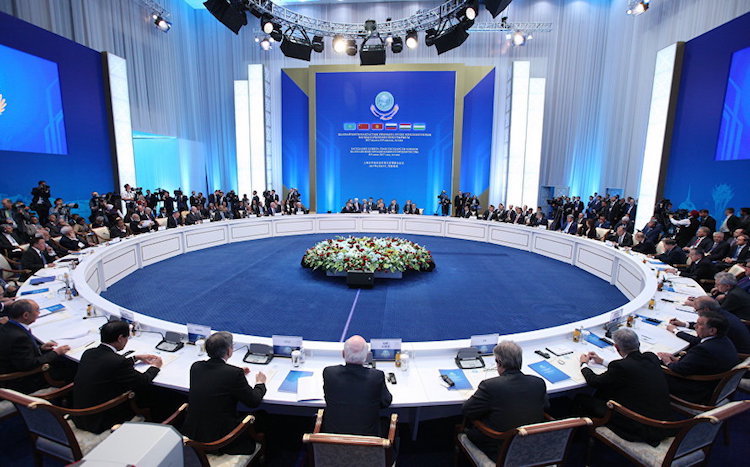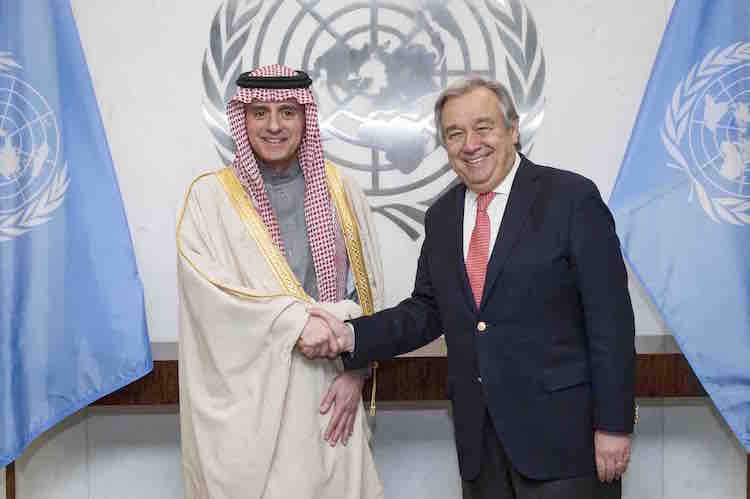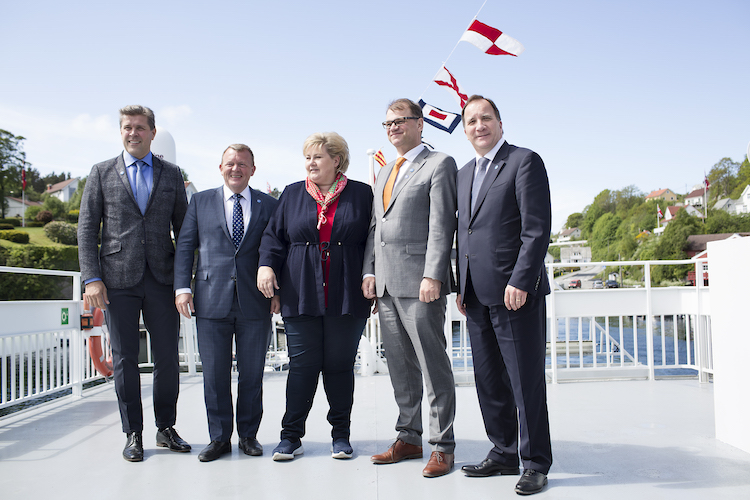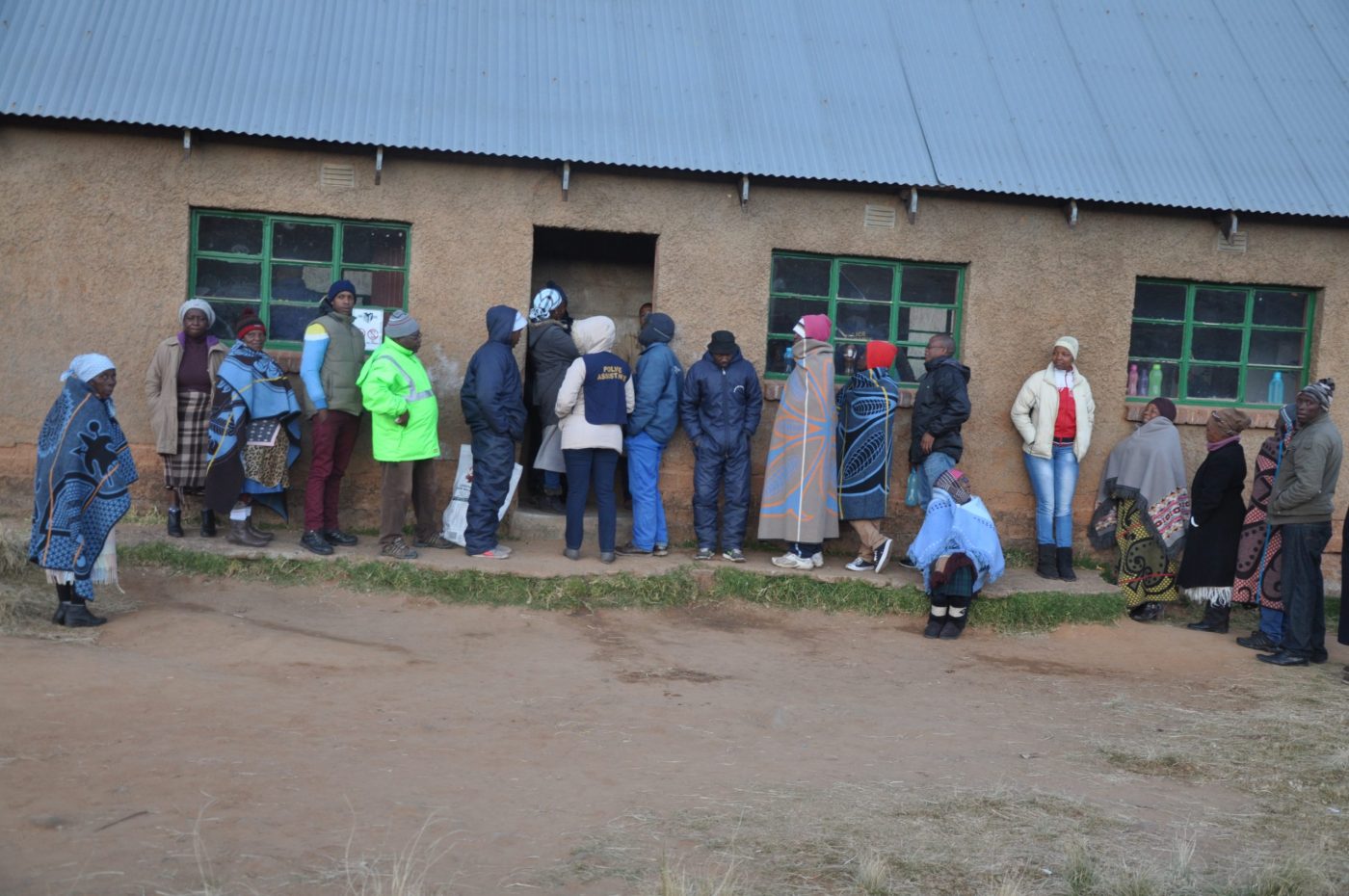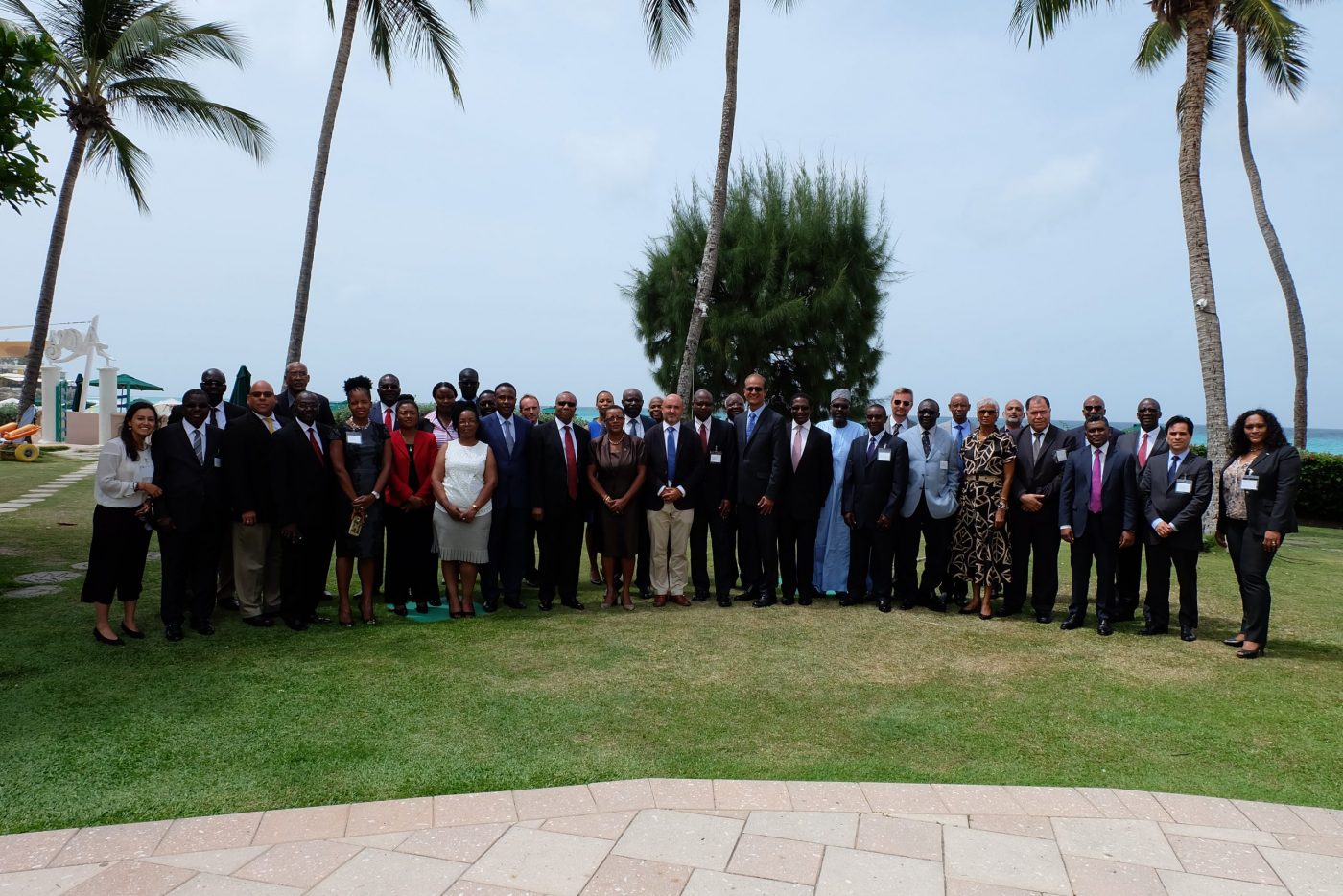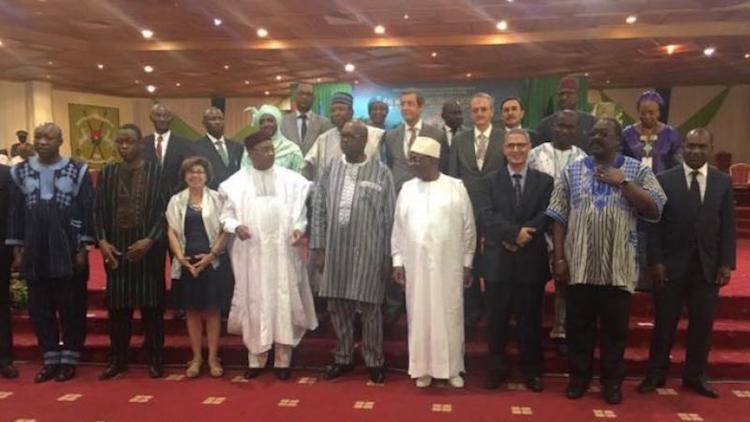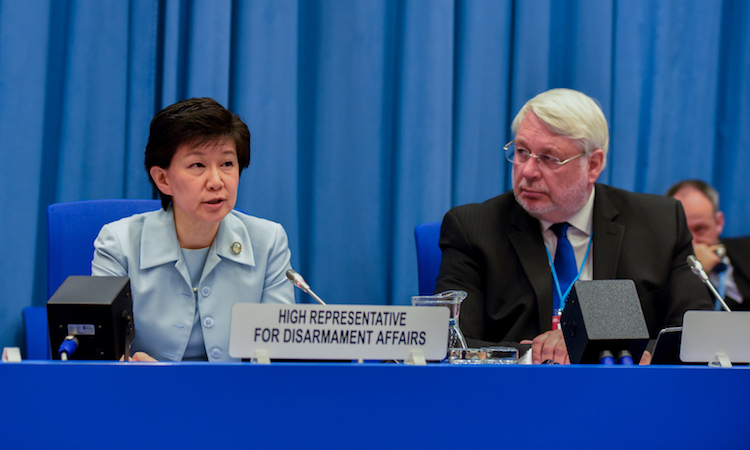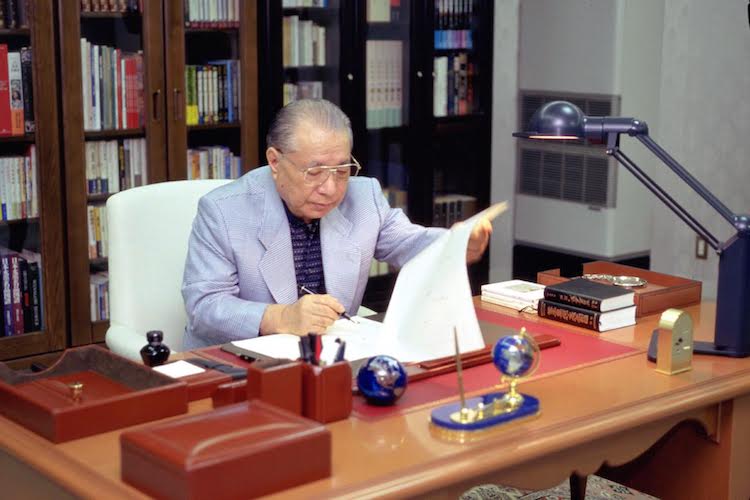Viewpoint by Jonathan Power*
LUND, Sweden (IDN-INPS) – Frederick the Great of Prussia was a friend of Voltaire and enjoyed ribald evenings with the philosopher discussing the intricacies of life’s dos and don’ts. Before becoming king he was persuaded by Voltaire to become a pacifist. But on ascending to the throne he became the most ferocious and successful of Europe’s warrior leaders. He said of himself that he was “doomed to make war just as an ox must plow, a nightingale sing and a dolphin swim in the sea.”

